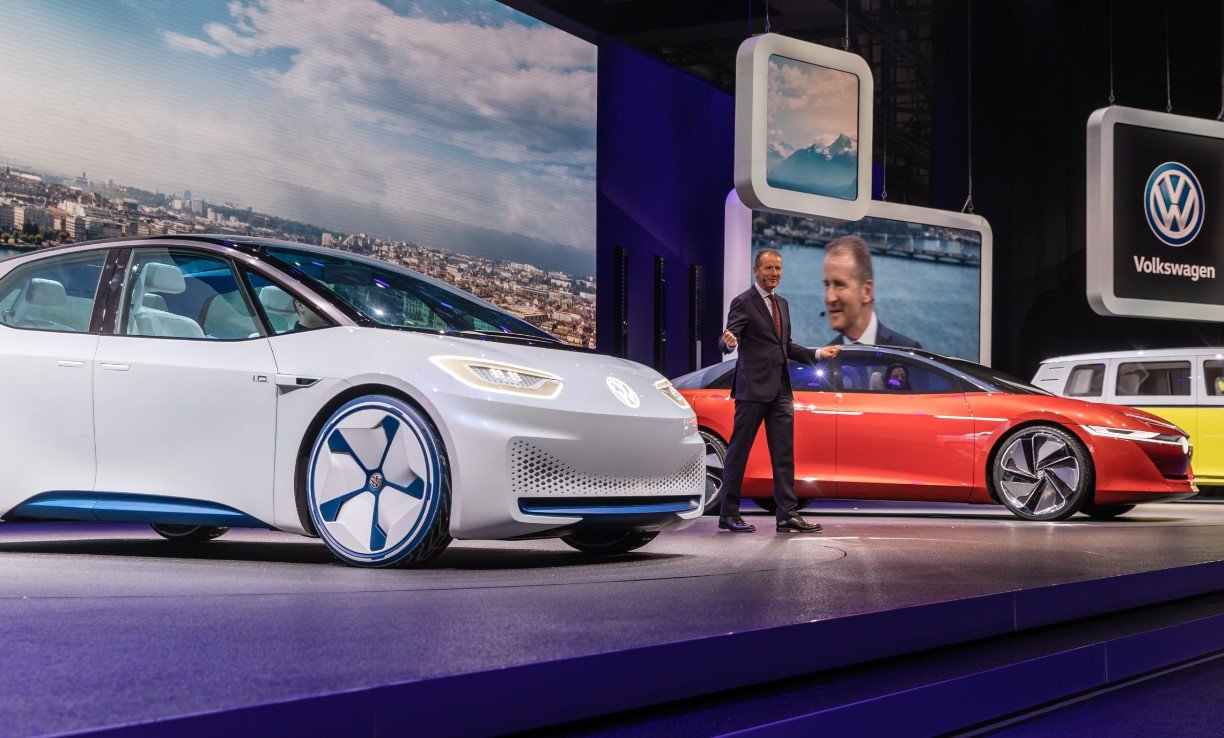J.D. Power, a leading market research firm, has lowered its forecast for electric vehicle (EV) sales in the US for 2024, citing various factors that could hamper the demand and adoption of EVs. The firm expects EVs to account for 12.4% of the new vehicle market in 2024, down from its previous estimate of 13.2%.
EV sales soared in 2023, but challenges remain
EV sales in the US reached a record high in 2023, growing by 50% from 2022 and surpassing one million units for the first time. EVs captured 7.6% of the new vehicle market in 2023, up from 5.9% in 2022 and 3.2% in 2021. The growth was driven by several factors, such as the launch of new models, the expansion of charging infrastructure, the availability of tax credits, and the increasing consumer awareness and preference for EVs.

However, J.D. Power warns that the EV market still faces significant challenges that could limit its potential in 2024 and beyond. Some of these challenges include:
- The delayed launch and production of some EV models due to supply chain disruptions and chip shortages
- The restrictions and changes in the federal tax credit rules, which could affect the eligibility and affordability of some EVs
- The uneven distribution and availability of charging stations across different regions and states, which could affect the convenience and range anxiety of EV drivers
- The slowing adoption patterns and plateauing shopper interest in some states, especially those with low gas prices, high EV prices, and limited incentives
- The regulatory and environmental uncertainties and risks, such as the possibility of new emissions standards, bans, or fees for EVs
J.D. Power expects EV market share to reach 50% by 2031
Despite the lower forecast for 2024, J.D. Power remains optimistic about the long-term prospects of the EV market in the US. The firm projects that EVs will continue to grow at a steady pace, reaching 50% of the new vehicle market by 2031. The firm bases its projection on several assumptions, such as:
- The continuous innovation and improvement of EV technology, performance, and design
- The increasing consumer acceptance and satisfaction with EVs, especially among younger and more affluent buyers
- The ongoing support and investment from the government, the industry, and the society for EV development and deployment
- The alignment and adaptation of the EV supply chain and infrastructure with the evolving consumer needs and expectations
J.D. Power also notes that the EV market will vary significantly by state, depending on the local policies, incentives, infrastructure, and consumer preferences. The firm expects California to remain the leader in EV adoption, followed by other states with high EV penetration, such as New York, Massachusetts, Washington, and Oregon.
